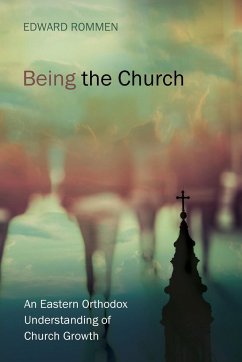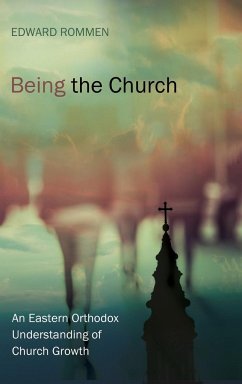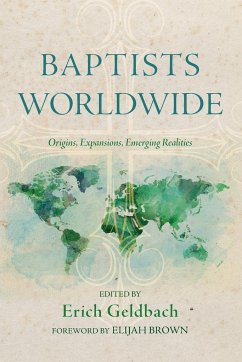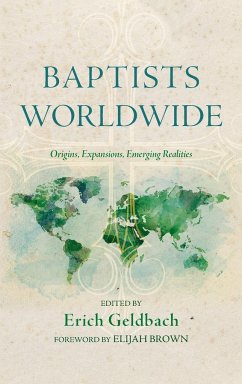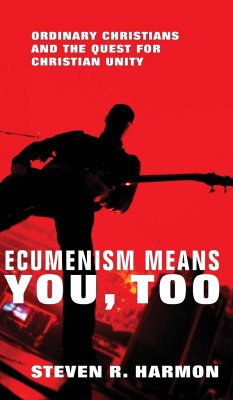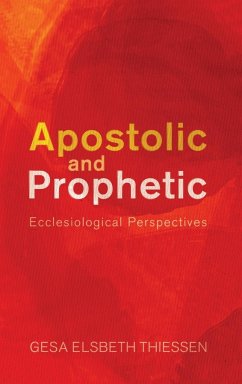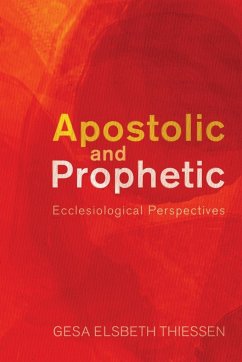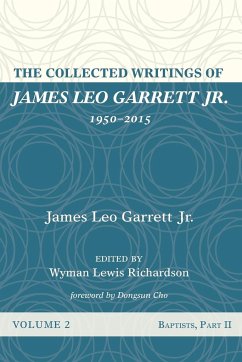If the divine liturgy really is as beautiful as we claim, wouldn't more people attend? Wouldn't the church grow? Driven by our desire for growth, we count, we analyze, we make charts, and we strategize, but often with few discernible results. That is probably the result of focusing on secondary aspects of church life. As we know, the very existence of a church is a gift of God's presence and not the result of any particular actions taken by human beings. For that reason, church is primarily about being something rather than doing or achieving something. So the growth of the church is not reflected in ever-increasing numbers, dollars, and activities, but rather in steadily growing conformity to the divine ideal. So in order to evaluate ecclesial growth, we will first have to ask what the church is supposed to be. One answer to that question is captured in the four marks of the church given in the creed: Oneness, Holiness, Catholicity, and Apostolicity. These four characteristics serve as a matrix or framework within which we can focus on the primary aspects of ecclesial being and help it grow and become what it was intended to be.
Hinweis: Dieser Artikel kann nur an eine deutsche Lieferadresse ausgeliefert werden.
Hinweis: Dieser Artikel kann nur an eine deutsche Lieferadresse ausgeliefert werden.

